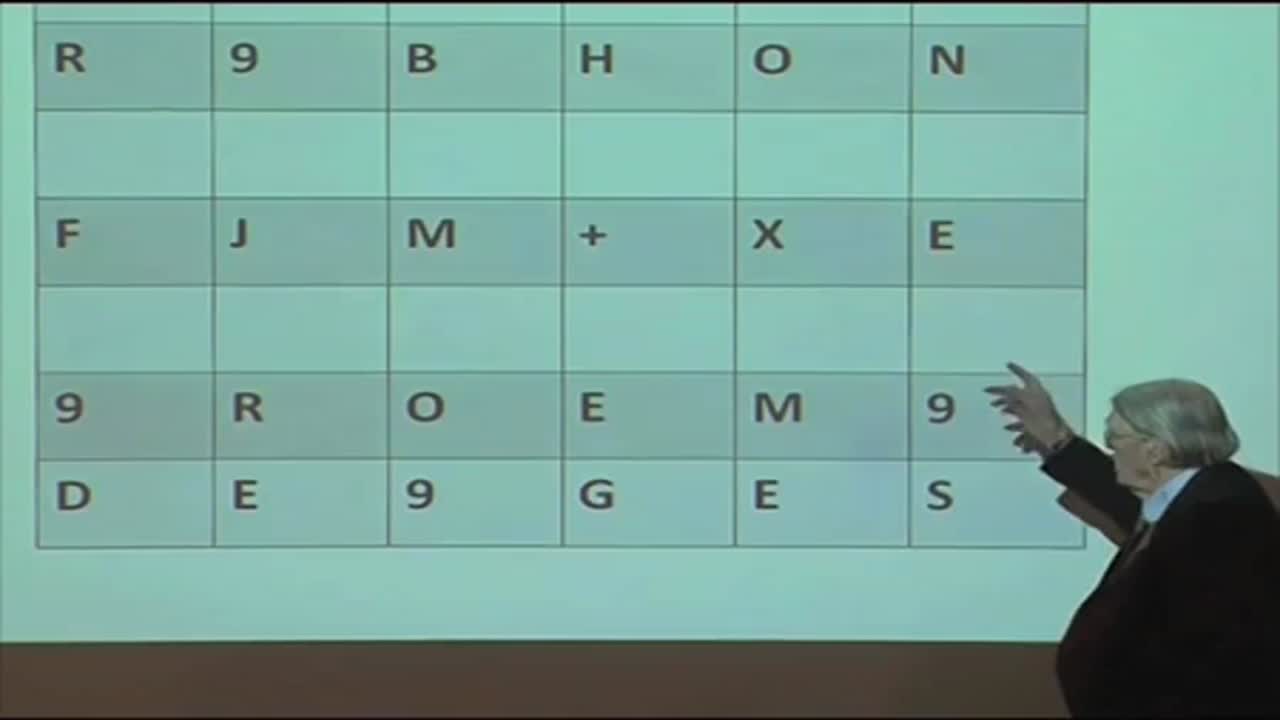
The Unyielding Guardians: A Pantheon of Football’s Greatest Goalkeepers
In the grand tapestry of football, where goals are celebrated with raucous cheers and dazzling dribbles draw gasps of awe, the goalkeeper often stands as the quiet sentinel, the last line of defense, and the unsung hero. Their world is one of split-second decisions, incredible reflexes, and immense pressure, where a single mistake can be catastrophic, and a spectacular save can alter the course of history. Unlike outfield players who can recover from an error, the goalkeeper’s misstep is often immediately punished.
Identifying the "greatest" goalkeepers of all time is a monumental task, fraught with subjectivity and the challenge of comparing legends across vastly different eras of the game. The role of the goalkeeper has evolved significantly, from a static shot-stopper to an integral part of build-up play, a commanding presence in the box, and even a tactical sweeper. Yet, certain attributes remain timeless: agility, bravery, leadership, mental fortitude, and an uncanny ability to deny the seemingly inevitable.
This article delves into the careers and legacies of those exceptional individuals who transcended the mere act of stopping shots, becoming true icons of the beautiful game. They are the guardians who shaped history, inspired generations, and left an indelible mark on the sport.
The Pioneers and Legends of Yesteryear
Any discussion of goalkeeping greatness must begin with Lev Yashin, the legendary "Black Spider" from the Soviet Union. The only goalkeeper in history to win the Ballon d’Or (in 1963), Yashin was a revolutionary. He wasn’t content to stay on his line; he commanded his area, punched balls clear, and initiated attacks with his throws. His athleticism, incredible reflexes, and pioneering approach to the position – rushing out to meet attackers, barking orders at his defenders – set a new standard. With Dynamo Moscow, he won five Soviet league titles and three Soviet Cups, while for the national team, he secured an Olympic gold medal in 1956 and the European Championship in 1960. Yashin’s legacy is not just in his accolades but in how he fundamentally changed the perception of what a goalkeeper could be.
Close behind him in the pantheon of early greats is England’s Gordon Banks. Immortalized by "the save of the century" against Pelé’s header in the 1970 World Cup, Banks was the epitome of calm reliability. His unflappable demeanor, superb positioning, and ability to make the most difficult saves look routine made him a rock for both Leicester City, Stoke City, and the England national team, with whom he famously won the 1966 World Cup. Banks’s career was tragically cut short by an eye injury, but his legend endures as one of the most aesthetically pleasing and effective goalkeepers in history.
Italy, a nation renowned for its defensive solidity, produced Dino Zoff, a colossus of consistency and longevity. Zoff defied age, becoming the oldest player to win the World Cup in 1982 at the age of 40, captaining Italy to glory. His career spanned an astonishing 22 years at the highest level, primarily with Napoli and Juventus, where he won six Serie A titles. Zoff was known for his quiet authority, impeccable positioning, and exceptional decision-making. He rarely made spectacular saves because he was almost always in the right place, a testament to his tactical intelligence and anticipation. He embodied the disciplined, resilient spirit of Italian defending.
Another formidable presence from that era was West Germany’s Sepp Maier. Nicknamed "The Cat from Anzing" for his incredible agility and acrobatic saves, Maier was a key figure in the dominant Bayern Munich and West Germany teams of the 1970s. He won four Bundesliga titles, three consecutive European Cups, and was instrumental in West Germany’s 1974 World Cup triumph and 1972 European Championship victory. Maier combined athleticism with a jovial, charismatic personality, making him a fan favorite and a formidable opponent.
The Modern Era’s Commanders and Innovators
As football entered the late 20th and early 21st centuries, the demands on goalkeepers grew, requiring not just shot-stopping but also commanding presence, distribution skills, and leadership.
Peter Schmeichel was the quintessential modern goalkeeper of his time. The Danish giant, most famously associated with Manchester United, was an imposing figure in every sense of the word. His "starfish" save, where he spread his body to cover the entire goal, became his trademark. Schmeichel’s booming voice, aggressive command of his penalty area, and exceptional distribution – often launching counter-attacks with long throws or kicks – made him a game-changer. He was the backbone of Manchester United’s unprecedented treble-winning season in 1999 and won five Premier League titles. His blend of raw power, agility, and leadership set him apart.
Germany, always a producer of top-tier goalkeepers, gave us Oliver Kahn, "Der Titan." Kahn’s intensity, fierce determination, and fearless approach to the game were legendary. He was a motivational force, often seen roaring at his defenders, embodying an unyielding spirit. With Bayern Munich, he won eight Bundesliga titles and the Champions League in 2001. His performance at the 2002 World Cup, where he almost single-handedly carried a relatively weak German side to the final (winning the Golden Ball, a rare feat for a goalkeeper), cemented his status as one of the most dominant and influential figures between the posts. His leadership and incredible one-on-one stopping ability were unparalleled.
For two decades, Gianluigi Buffon has been the epitome of goalkeeping excellence, a living legend whose career has spanned generations of players. "Gigi" is widely regarded as one of the greatest, if not the greatest, of all time. His longevity, consistent world-class performances, and ability to adapt his game over time are simply astonishing. From his early days at Parma to his legendary tenure at Juventus (where he won 10 Serie A titles) and his World Cup triumph with Italy in 2006, Buffon has showcased incredible athleticism, impeccable positioning, formidable leadership, and a deep understanding of the game. He possesses a rare blend of spectacular reflexes and fundamental soundness, making him incredibly difficult to beat. His unwavering passion and commitment to the game have made him a beloved figure worldwide.
Spain’s golden era was underpinned by the brilliance of Iker Casillas. "San Iker" was renowned for his lightning-quick reflexes, incredible agility, and ability to produce "clutch" saves in critical moments. A product of Real Madrid’s youth academy, Casillas became a club legend, winning five La Liga titles and three Champions League trophies. More significantly, he captained Spain to an unprecedented treble: two European Championships (2008, 2012) and the 2010 World Cup. His instinctive brilliance, particularly in one-on-one situations, made him a nightmare for attackers and a guardian angel for his teams.
Across London, Petr Cech stood as a towering figure of consistency and professionalism. The Czech Republic international, most notably for Chelsea, was a master of positioning and fundamental goalkeeping. His imposing stature, excellent command of his area, and ability to read the game made him incredibly difficult to score against. Despite suffering a severe head injury early in his career, he returned with a trademark protective helmet and continued to perform at an elite level for years, setting numerous clean sheet records in the Premier League and winning four league titles and the Champions League with Chelsea.
Finally, we arrive at the man who arguably redefined the modern goalkeeping role: Manuel Neuer. The German international is the quintessential "sweeper-keeper," combining traditional shot-stopping prowess with the skills of an outfield player. His willingness to rush far out of his box to intercept through balls, his exceptional footwork, and his precise passing have added an entirely new dimension to the position. Neuer’s bold, proactive style has allowed Bayern Munich and the German national team (with whom he won the 2014 World Cup) to play a higher defensive line and control possession more effectively. He is a trailblazer, pushing the boundaries of what a goalkeeper can contribute to a team’s overall strategy.
The Evolving Role and Honorable Mentions
The evolution of the goalkeeper from Yashin to Neuer highlights a shift from pure shot-stopping to a more comprehensive role. Modern goalkeepers are now expected to be adept with their feet, participate in build-up play, and act as a crucial tactical outlet. This evolution means that comparing eras is challenging but also illuminates the incredible adaptability and innovation within the position.
While the aforementioned names form a formidable pantheon, countless other exceptional goalkeepers deserve recognition. Edwin van der Sar (Netherlands/Ajax/Man Utd) for his elegance and longevity; Pat Jennings (Northern Ireland/Tottenham/Arsenal) for his acrobatic brilliance; Rinat Dasayev (Soviet Union) for being a worthy successor to Yashin; Gilmar (Brazil) who won two World Cups with Pelé; Ricardo Zamora (Spain) the first true Spanish goalkeeping legend; and more recently, the likes of Alisson Becker (Brazil/Liverpool), Jan Oblak (Slovenia/Atletico Madrid), and Ederson (Brazil/Man City) who continue to redefine the position with their unique skills and contributions to modern football.
Conclusion
The art of goalkeeping is a unique blend of athleticism, mental strength, and tactical intelligence. The greatest goalkeepers transcend their role as mere shot-stoppers; they are leaders, innovators, and the last bastions of hope. They endure immense pressure, often operating in solitude within the confines of their penalty area, yet their impact resonates across the entire pitch.
From the pioneering brilliance of Lev Yashin to the revolutionary style of Manuel Neuer, these goalkeepers have not only safeguarded their teams’ goals but have also inspired awe, redefined their position, and etched their names into the annals of football history. Their legacy is a testament to the fact that while goals win games, the guardians between the posts often win championships, proving time and again that a truly great goalkeeper is priceless.


